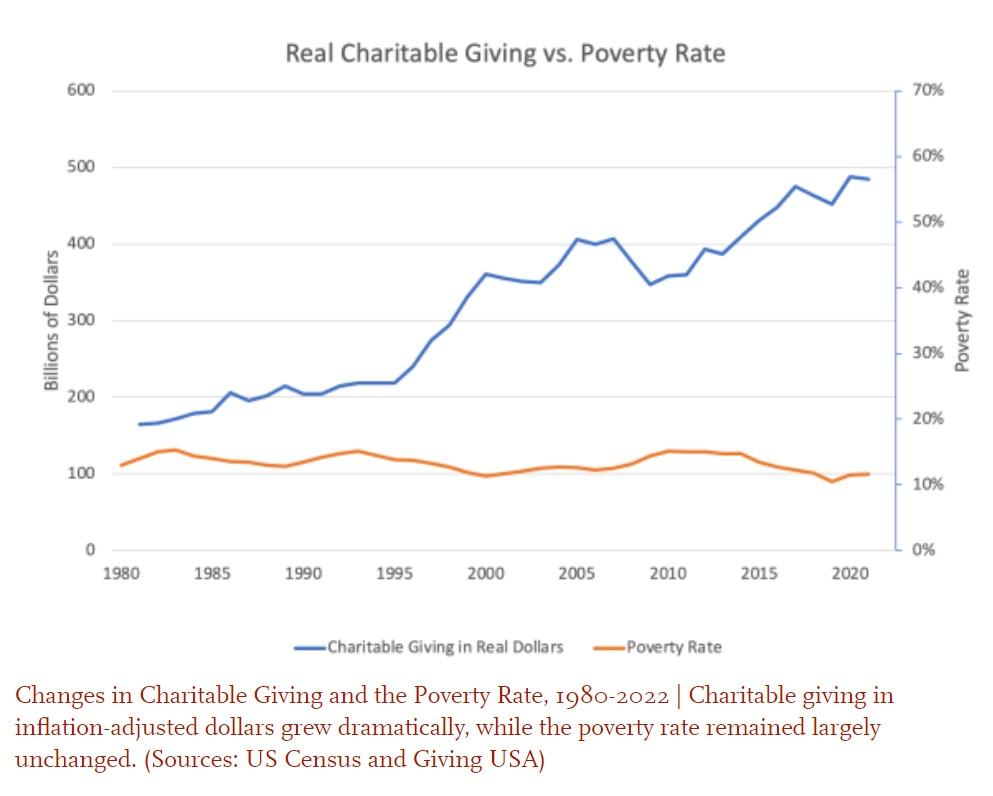When Proponents of Failed Systems Move Toward Regenerative Strategies
When Proponents of Failed Systems Move Toward Regenerative Strategies
Recognition of the failure of today’s policies by some of their most respected proponents is significant. The acknowledgement of alternate approaches consistent with holistic, systemic design strategies is an important step in the right direction. Read more about how these mainstream leaders are reframing the challenges and solutions to be more aligned with the emerging regenerative development movement.
In two recent articles these champions have moved from presenting market-based strategies as “the solution” to the recognition that concerted citizen action, coordinated public policy and regulation, and functioning democracies are necessary to address what many refer to as the poly-crisises.
Time to Rely on More than Market Forces
While it is widely recognized that climate change is just one facet of the poly-crises, Martin Wolf, a top economic columnist at the Financial Times, observes in article entitled, Market Forces Are Not Enough to Halt Climate Change, that “Investor returns imply that the welfare of future human beings is close to irrelevant.” In other words, markets are not going to solve the climate crisis. In subsequent discussion, and in reference to recently released analysis, he says that “some combination of heavy carbon taxes, long-term subsidies and changes in the design of electricity markets will be needed.”

These are clearly not the deregulated solutions of the 1980s, and importantly, they point to the essential nature of operating environment and governmental regulatory conditions to catalysing change, and the lack of hope in doing so without them. Such changes are one of the most important elements of either promoting or impeding the adoption of emerging regenerative development models, which, like today’s businesses, have no chance of succeeding without a supportive operating environment.
Strategic Philanthropy Needs an Update
Equally radical is an article authored by Mark Kramer and Steve Phillips in the Stanford Social Innovation Review, entitled Where Strategic Philanthropy Went Wrong. Kramer and his colleagues were among the leading proponents of strategic philanthropy and its progeny, impact-philanthropy and -investing. Shifting from a strategic, business-led approach which focused on the talents of capital and strategy and coordinating action to deliver metrics-driven outcomes, the authors recognize that this approach has consumed massive resources without any significant impact on major issues facing the United States.

In its place the authors propose a concept of “empowerment philanthropy” in which philanthropy shifts focus to strengthening the agency of those closest to the challenges, drawing on local knowledge and priorities in promoting social change. Importantly, and like Wolf’s article, they authors bring new focus to the importance of government and regulatory frameworks, including having functioning democracies that ensure that such movements are built on the bedrock of citizen participation.
Arriving at such a point is both a dramatic recognition of how far things have degraded in the United States, but also of the fundamental importance of systems that have long been assumed to be no more than part of the political scenery. As with Wolf’s argument, the authors conclude in a space that is a significant departure from the last three decades of practice, and in one that helps to raise the importance of civic action, and the kinds of participatory processes that many in the regenerative development movement pursue.
Tipping the Scales
Articles such as these clearly do not fill gaps in the innovation that must happen to bring regenerative approaches into the mainstream, but they are critically important in identifying shortcomings and proffering essential principles and strategies for successor policies. More importantly, their advocates are now helping to interpret essential changes to mainstream audiences, providing a bridge to different ways of thinking and action. While Wolf correctly identifies “de-growth” as politically irrelevant, he nonetheless identifies (as do Kramer and Phillips) some of the essential elements of successful responses.

